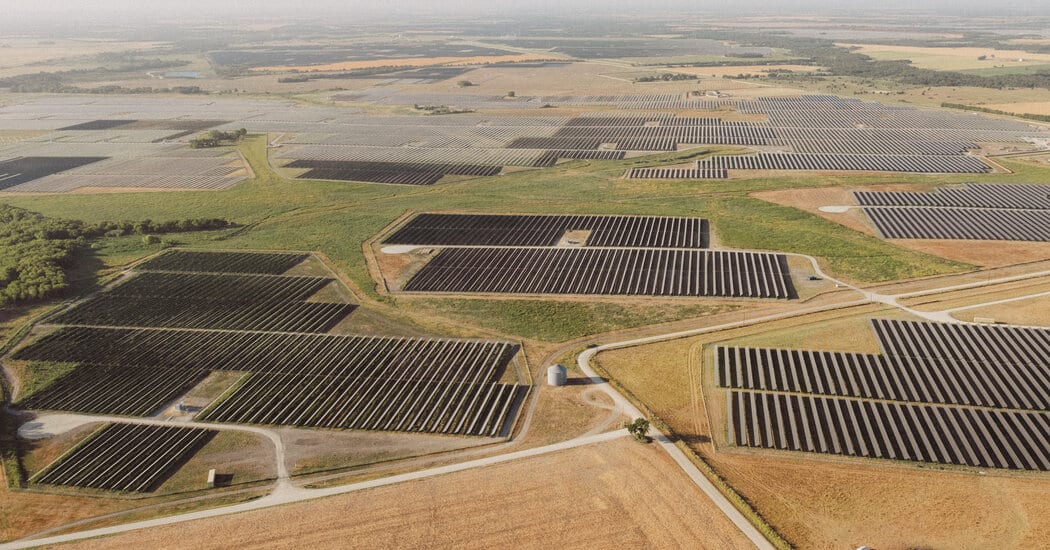The California Public Utilities Commission (CPUC), in an ongoing commitment to help the state bridge the digital divide, today announced grant awards for broadband projects and planning.
The CPUC has awarded $11.9 million in California Advanced Services Fund (CASF) Broadband Adoption Account grants to fund 41 digital inclusion projects from 22 applicants that will serve 52,729 participants (project applications were submitted in the July 1, 2022 and January 1, 2023, application cycles).
Broadband Adoption Account grants are awarded to three types of projects: broadband access projects that provide direct public access to computers, call center projects that assist in subscribing to low-cost internet service, and digital literacy projects that provide instruction to the public regarding computer and internet use. Eligible applicants for Broadband Adoption Account grants include local governments, senior centers, schools, public libraries, nonprofit organizations, and community-based organizations with programs to increase publicly available or after school broadband access and digital inclusion.
Examples of projects the CPUC approved include:
- The County of Los Angeles’ Internal Services Department’s (ISD) Digital Navigator Project, which will establish a community-centered approach to improving broadband adoption and digital literacy in neighborhoods adversely impacted by the digital divide. Digital Navigators will provide support services to constituents by in-person visits to residences, community outreach events, classroom instruction, and telephone call centers. The primary objectives are to assist residents in securing internet access and acquiring computer devices, teaching digital literacy skills, and providing ongoing support.
- The Tech Exchange, which will establish a Tech Hub in San Jose similar to the successful Tech Hub in the Fruitvale District of Oakland where it serves East Oakland’s low-income communities providing broadband access, digital literacy services, and access to low cost, refurbished, devices.
- Build Hope, Inc. will work with the Housing Authority of the City of Los Angeles (HACLA) in large public housing projects located in Los Angeles and Watts where it will upgrade computer labs and provide needed digital literacy classes. Many of the HACLA Computer Labs serve college-bound youth, job applicants through the city-funded HACLA Watts/Los Angeles WorkSource Center and seniors seeking to order prescriptions online and access much needed medical support services.
- Anza Electric Cooperative (AEC) will offer digital literacy services to all residents within AEC’s service territory (in rural Anza, Calif.). AEC currently provides reasonably priced electric service and fiber optic internet service to the Anza Valley and outlying area. Through this work they will address issues facing the community, such as a high poverty rate, limited income, and a high commute time for residents to reach work locations, health facilities, and similar.
Altogether, project funding is statewide, with over half of funding provided for projects in Los Angeles and surrounding areas. These projects will provide participants with the digital skills necessary to more equitably participate in online communities and services and will expand broadband access and adoption for some of California’s most underserved populations.
“Even in this digital age, many Californians remain disconnected due to the lack of training and assistance necessary to safely and meaningfully navigate the internet,” said CPUC President Alice Reynolds. “The grants approved today will provide invaluable support to Californians across the state, unlocking new economic, health, education, and social opportunities that will enrich their lives.”
“I’m pleased to see the successful applications from all over the state that will increase afterschool broadband and digital access in communities that have been overlooked,” said Commissioner Genevieve Shiroma. “The grants will be doing exactly what the legislature envisioned, and I am gratified to see it.”
“To close the digital divide, we have to build broadband infrastructure and make sure everyone is prepared to use it,” said Commissioner Darcie L. Houck. “These adoption grants are an essential part of maximizing the impacts of our investments, and I am glad to see them building digital literacy in communities across California.”
The proposal voted on for certain projects is available at docs.cpuc.ca.gov/PublishedDocs/Published/G000/M506/K424/506424710.PDF.
Separately, the CPUC approved a Local Agency Technical Assistance grant to Santa Barbara County of up to $1 million for broadband planning. The grant will fund an environmental impact report (EIR), high-level design engineering, and the creation of a countywide Joint Powers Authority (JPA) to implement the County’s Broadband Strategic Plan. These three work products will assist the County in securing funding to build a last-mile fiber-to-the-home network to connect underserved and unserved locations within the county.
“Local Agency Technical Assistance grants help local governments begin the process of building their own broadband infrastructure,” said Commissioner Houck. “This grant will allow Santa Barbara County to make significant progress on an exciting new network and work towards closing the digital divide.”
“We as a state are quickly trying to implement legislation to get more entities involved in developing solutions for broadband access throughout California,” said Commissioner John Reynolds. “Today I am excited to see this grant funding support the development of broadband in Santa Barbara County.”
The proposal voted on is available at docs.cpuc.ca.gov/PublishedDocs/Published/G000/M506/K787/506787836.PDF.
For more information, please visit the CASF webpage.
The CPUC regulates services and utilities, protects consumers, safeguards the environment, and assures Californians’ access to safe and reliable utility infrastructure and services. For more information on the CPUC, please visit www.cpuc.ca.gov.
###
Press Release



